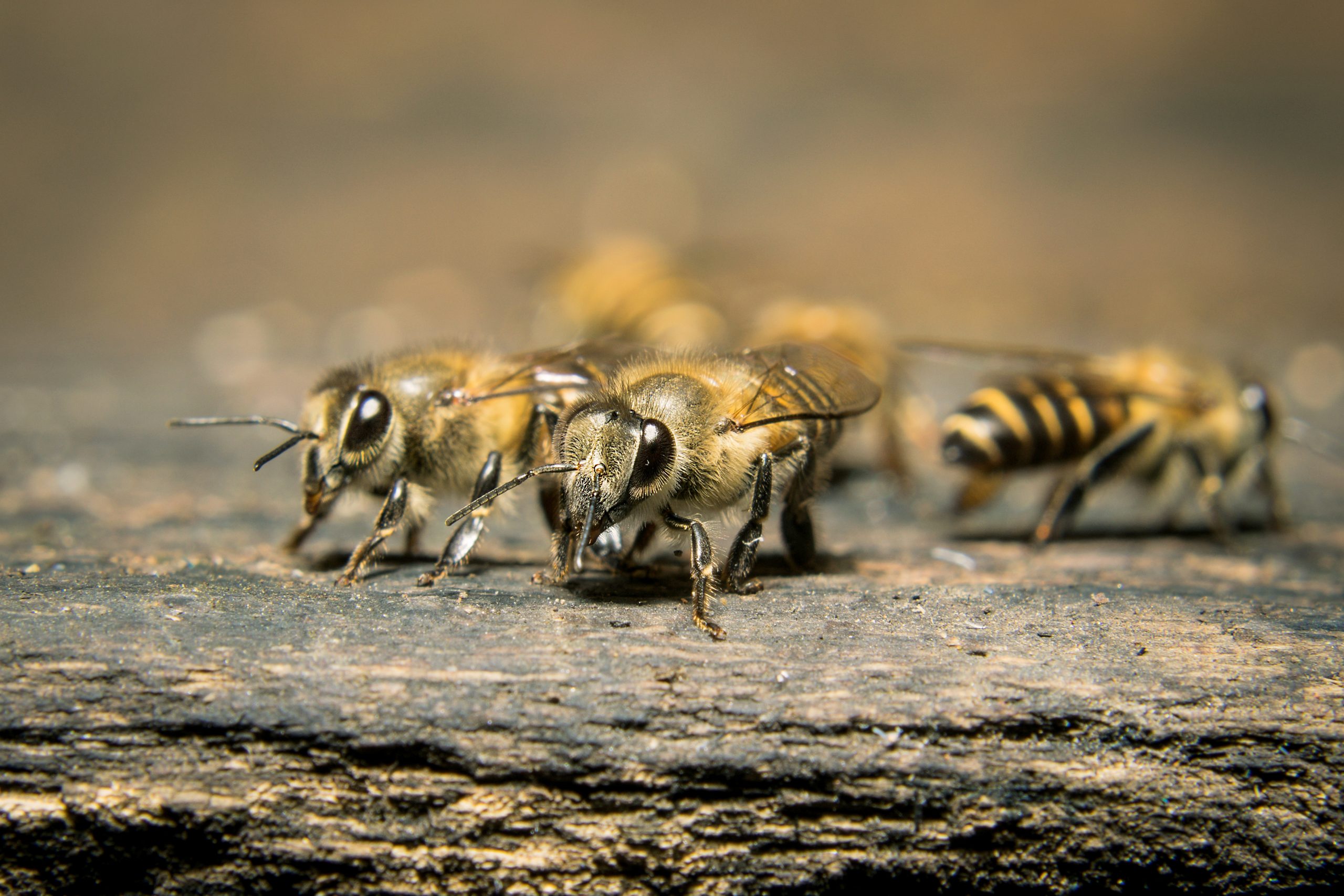China Loses Fewer Honeybees than the West
September 04, 2016
Bee Colony Collapse, Honey Bees
Since the increase in the losses of honeybee colonies was noticed by experts in the field about ten years ago, extensive surveys have been taken to evaluate winter losses in North America and much of the European continent. Comparatively, the level of record for China, which is said to be the largest beekeeping and honey market in the world, has been relatively unclear in the decade of research into the issue. However, a new, large-scale study, carried out between 2010-2013, has documented data specifically regarding winter colony losses in China for the first time since the widespread loss of honeybee colonies was believed to have started. After much research, it was found that China may not have been hit as hard by honeybee losses as other countries.
In the new paper, published in the Journal of Apicultural Research (the official journal of the International Bee Research Association or IBRA), a team led by Zhiguang Liu and Wei Shi from the Institute of Apicultural Research of the Chinese Academy of Agricultural Sciences in Beijing has reported on their dedicated three-year survey. Using questionnaires, Liu and Shi’s team received 3,090 responses, which included 485 from part-time beekeepers, 2,216 from sideline beekeepers, and 389 from commercial beekeepers. Between all of these various beekeepers, some 140,000 colonies were managed among them, which evens out to about 2.4 percent of China's reportedly six million honeybee colonies.
In comparison with other nations’ published results including the United States, this study’s results showed that colony losses were generally low at around an average of 10.1 percent. However, there were variations between the years ranging from 8.5 to 12.0 percent. As well, other variables affected levels of loss including between provinces (ranging from 2.5 to 19.0 percent) and between different sizes of beekeeping operations (ranging from 7.6 to 12.1 percent).
The study’s authors speculate that the reasons for the lower losses compared to other countries could be because of higher genetic diversity in China’s honeybees, steadier replacement of queen bees by beekeepers, and because the average size of beekeeping operations in China is smaller, and therefore beekeepers have more opportunity to pay closer attention to their hives, particularly for the way they control for parasites like the varroa mite.
Norman Carreck, the Science Director of IBRA, has stated in response to Liu and Shi’s study: "For the first time, we now have a good picture of honeybee colony losses in China, the world's biggest beekeeping country. Further studies of why losses there appear to be relatively low may assist our understanding of widespread colony losses elsewhere."


.jpg)




